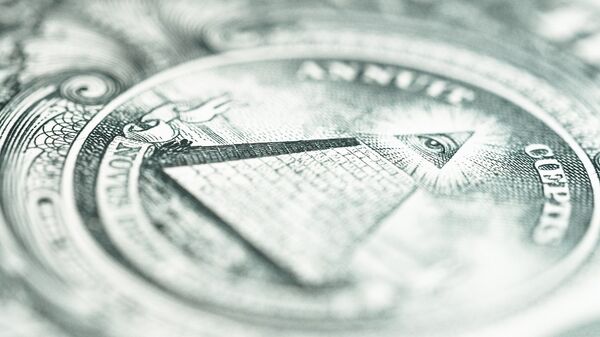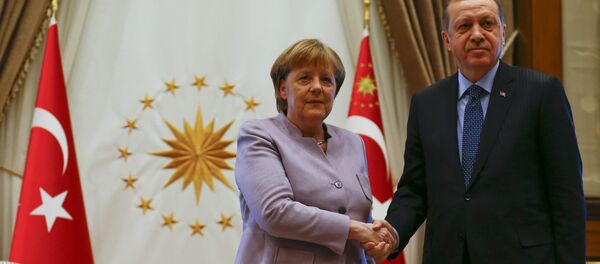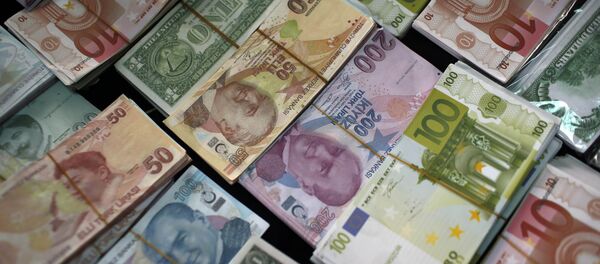Sputnik: Turkey has been struggling with the decline of the lira for a while, with fears that the currency could weaken even further. What's your prognosis, and what do you make of hopes for a reversal of this trend?
Tom Luongo: I think that when we get to a point where everybody's talking about it and it's front page news, we're probably going to be pretty close to the bottom.
We're getting close to max pain, and I think that President Erdogan's position here is going to be 'If you're going to take Turkey down, we're going to take everybody with you'. Because when the lira dropped precipitously, we saw immediate reaction from the Financial Times, Zero Hedge and other places that this was creating contagion effects into Europe…
The markets are terribly hedged in every direction to try and mitigate this risk, but from what I understand, and from what I've read in the Financial Times on Friday, a lot of the European banks (and these are most sensitive banks – the big zombie banks – Unicredit and BBVA in Spain and others) are exposed and possibly have unhedged exposure to the collapse of the lira.
So Erdogan has leverage here, because everybody's going to take pain. I think the way this has worked out is that if he wanted to cut a deal with the United States to lessen the pressure on Turkey, he would have done so by now. So this to me is a declaration of independence by Erdogan and Turkey from the decades' old relationship between the West and Turkey, basically over NATO.
Sputnik: The Asian markets have also taken quite a hit over this Turkish crisis. What are the real implications? What's going to happen around the world as a result of this, and as a result of the tariffs that have been slapped on metals, which have been doubled by Donald Trump?
Emerging markets like Turkey are being made an example of right now because of geopolitical reasons, but it's also having spillover to other emerging markets, and that's going to affect major Asian and European markets. That's the real worry here.
Sputnik: How is this going to affect the US in the mid-to-long term? Is what Trump is doing good for the US economy? The dollar's growing, but that's going to mean that exports are going to go down, right?
Tom Luongo: What will happen is that in the short-term it's going to be good, because capital is going to flow to where it can be absorbed without raising prices too much. US markets are the deepest and the most liquid. [But] a rising dollar is not an affirmation of the dollar's efficacy or confidence in the dollar; it's just a matter of this being the structure of global capital at this time.
Tom Luongo is a political and financial analyst and the publisher of Gold Goats 'n Guns, a monthly investment newsletter. The views expressed by Mr. Luongo are those of the speaker, and do not necessarily reflect those of Sputnik.




